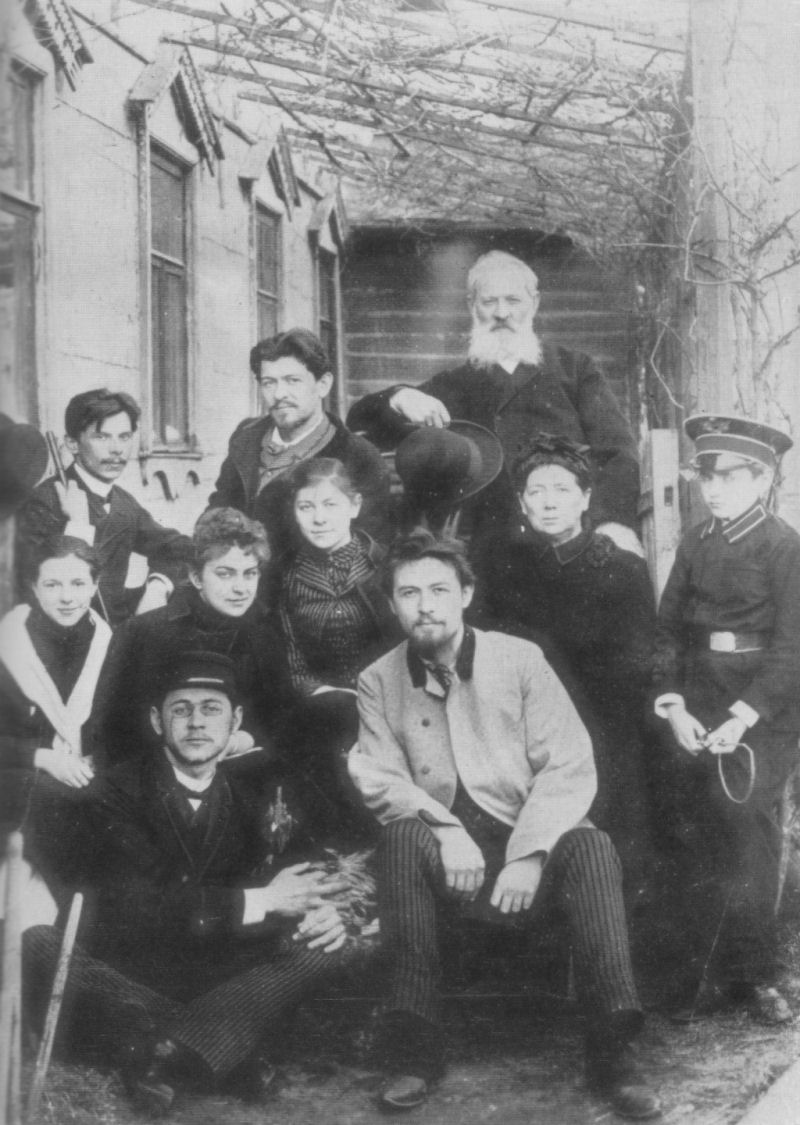Saudade is a Portuguese and Galician word for a feeling of longing for something that one is fond of, which is gone, but might return in the distant future. It often carries a fatalistic tone implying a repressed knowledge that the object of longing might really never return.
In 2004, 'saudade' was considered, according to an English researcher,nthe seventh hardest expression in the world to translate. Also, in 2007 the word was determined by a German investigation[3] to be the sixth most beautiful word in the world.
Concept
In his book In Portugal (1912), A.F.G Bell writes:
The famous 'saudade' of the Portuguese is a vague and constant desire for something that does not and probably cannot exist, for something other than the present, a turning towards the past or towards the future; not an active discontent or poignant sadness but an indolent dreaming wistfulness.[4]
'Saudade' is often translated into English as nostalgia, but it is a more intense feeling. In an interview about his 1990 album The Good Son, Nick Cave characterized in this way the feeling that stressed his new work:
When I explained to someone that what I wanted to write about was the memory of things that I thought were lost for me, I was told that the Portuguese word for this feeling was 'saudade'. It's not nostalgia but something sadder.
Nostalgia implies mixed feelings, a memory of happiness but a sadness for its impossible return and sole existence in the past. 'Saudade' is like nostalgia but with the hope that what is being longed for might return, even if that return is unlikely or so distant in the future to be almost of no consequence to the present. One might make a strong analogy with nostalgia as a feeling one has for a loved one who has died and 'saudade' as a feeling one has for a loved one who has disappeared or is simply currently absent. Nostalgia is located in the past and is somewhat conformist while 'saudade' is very present, anguishing, anxious and extends into the future.
For instance, the phrases "Tenho saudades tuas" (literally, "I have 'saudade' for you") and "Eu sinto a tua falta" ("I feel your absence") would each be translated into English as "I miss you" — both "falta" and "saudade" being translated as "missing." However, these two statements carry very different sentiments in Portuguese. The first sentence is never told to anyone personally, but the second can be. The first would be said by a person whose lover has been abroad for sometime, it would be said over the phone or written in a letter. The second would be said by someone who has divorced, or whose partner is not usually at home, and would be said personally.
One of the best descriptions of the word 'saudade' was made by Chico Buarque de Hollanda on his song Pedaço de mim, when he says. "saudade é arrumar o quarto do filho que já morreu." which roughly translates to "saudade is to tidy the bedroom of a son who has already died."



